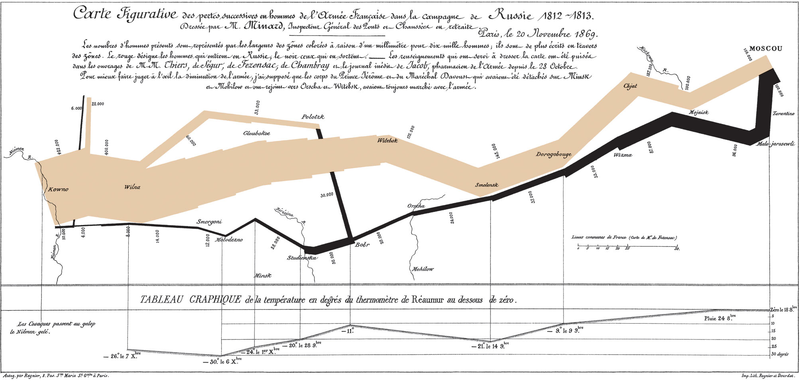Michael Hughes’s article, Moving from Information Transfer to Knowledge Creation: A New Value Proposition for Technical Communications discusses the role of technical communicators in modern society. According to Hughes, the commonly held definition of a technical writer as some who takes “technical information and makes it understandable to those who need it” does not accurately describe the numerous responsibilities that a technical writer’s work entails. Hughes instead suggests that rather just being translators of information, technical writers are actually creators of knowledge.
Hughes’s article revolves around the argument that the commonly held beliefs about the function of technical writers has been greatly restricted to just the translation of information. Rather than information, however, Hughes believes that technical communicators are dealing with knowledge. He highlights the difference between information and knowledge with a quote by O’Dell and Grayson: “Knowledge is information in action” (276). A new way of thinking about technical writing, called constructivism, brings to light a much broader definition of technical writing and suggests that “technical communicators negotiate meaning within development communities and between those communities and user contacts, and they capture the resulting consensus as knowledge assets” (278). These knowledge assets put information into action by using their knowledge of a product to create new and unique ways of understanding that are beneficial to the users of the product.One of the multiple ways in which Hughes believes that technical writers create knowledge is by making their own tacit knowledge (knowledge that is inherently known or unknown but difficult to explain) into explicit instructions and documents. In this way, the writers are doing more than translating or transferring information, they are creating new knowledge assets based on their own tacit knowledge of a subject. Because of this, the users who read these documents are able to understand the documents in a way that they would not be able to without these knowledge assets.
Throughout the article, Hughes effectively argues for a broader definition of technical writing. He asserts “a technical communicator who sees himself as an information packager should broaden that perspective to that of creator of knowledge” (284). His argument is well structured and clear, with more theoretical ideas in the beginning being followed by practical implications in the workplace. However, while his main argument is clear, some of the details about tacit and explicit information are not as well explained as his other ideas and the vocabulary he uses may be difficult to understand without prior knowledge on the subject.
Overall, the article is very well-written and clear. The argument is tracked in a logical way. First, highlighting the problem with the definition of technical communication as translators of information, explaining the difference between information and knowledge, describing the ways in which technical communicators create knowledge, and finally, explaining the practical benefits of technical communicators’ knowledge creation for both companies and technology users. This would be a good article to read for anyone interested in how technical writers create knowledge or how they use their own unconscious knowledge and turn it into understandable documents. While the argument is clear, some of the finer points may be lost on those who do not already have knowledge and an interest in the subject.

No comments:
Post a Comment